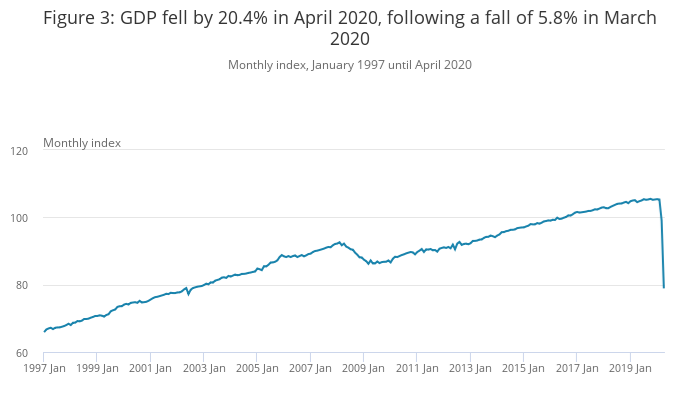Are big changes to leasehold contracts on the way?
This week, the Competition and Markets Authority (CMA) announced that it has written to housing developers Countryside Properties and Taylor Wimpey to request that they remove certain “unfair” terms from existing and future leasehold contracts.
The CMA launched enforcement action against the two developers in September 2020 for “using possibly unfair contract terms”.
The Authority’s specific concerns about the contracts lie in the terms around ground rent – in some cases, the ground rent that leaseholders paid freeholders would double every 10 or 15 years.
While initially affordable, they can become prohibitively expensive over time, meaning leaseholders will eventually be unable to remortgage or sell their properties and be trapped in homes with the costs escalating.
The CMA believes that these terms may be in breach of the Unfair Terms in Consumer Contracts Regulations 1999 (UTCCRs) and Part 2 of the Consumer Rights Act 2015 (CRA).
What it means for you…
Although the CMA has asked Countryside Properties and Taylor Wimpey to stop using the terms it has highlighted in existing and future contracts, it is still very much the first step of the process.
Unlike other announcements the CMA has made in the past, for example about holiday refunds, the two firms haven’t formally signed any commitments to change yet.
They still have an opportunity to respond to the CMA’s request before anything happens, although the Authority says it’s prepared to take the firms to court if necessary.
It means that for now, it’s a waiting game. But depending on what happens in these two cases, it could spell a shift in leasehold contracts where new homeowners might get a better deal and existing homeowners can finally be freed from the penalising terms.
Current leaseholders who are affected can contact the CMA to give further evidence via email: leasehold@cma.gov.uk.
The issue with these leasehold contracts throws up another important point: we should always read contracts.
While you would hope that the conveyancer would do the checks on your behalf, it certainly doesn’t hurt to read the documents yourself and ask questions about things you don’t understand or that might seem problematic to you.







